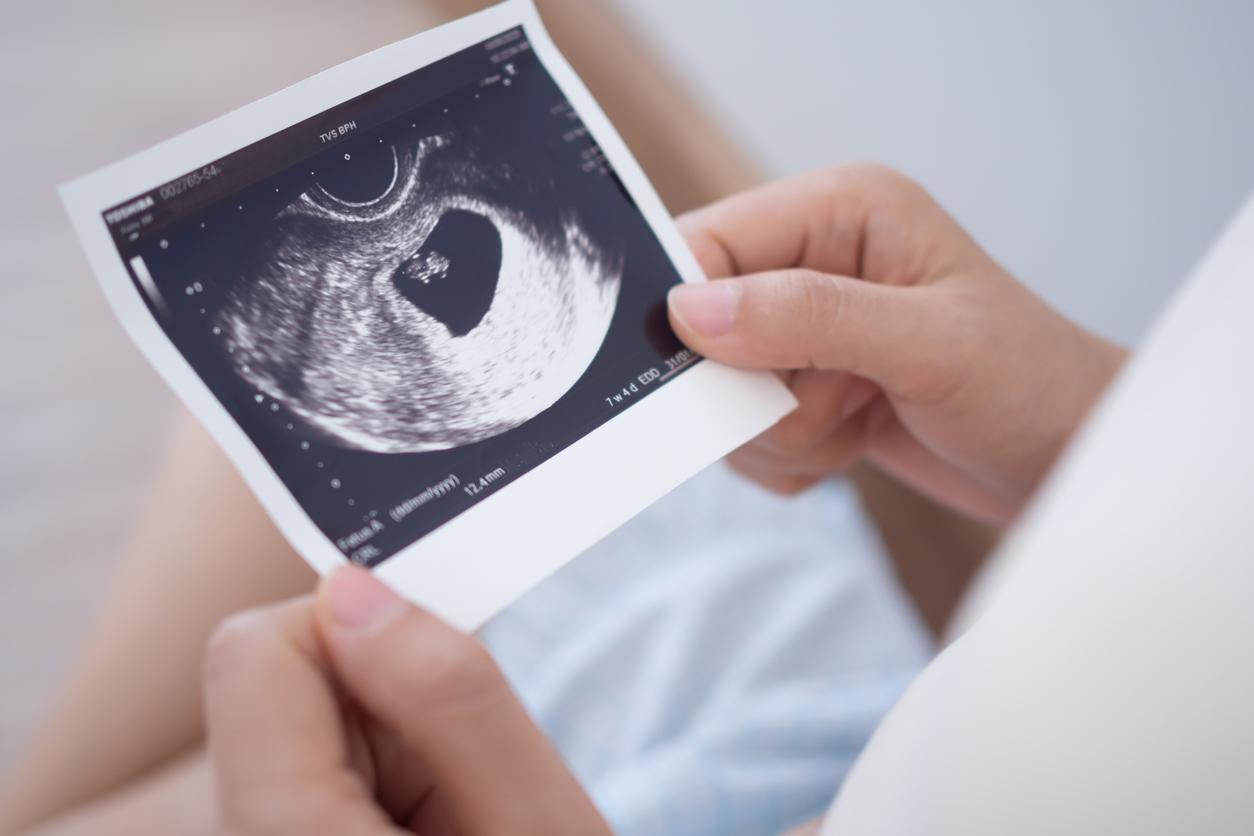In the event of male infertility, ICSI (intra-cytoplasmic sperm injection) is a technique which makes it possible to choose a sperm and to inject it directly inside the egg. This technique was developed in the early 90s to help men with low sperm count.
A new study published in the journal Human reproduction suggests that boys whose fathers used this assisted reproduction would also have poorer sperm quality.
A lower sperm concentration
This study, carried out by researchers at the University of Brussels, followed 54 young men aged 18 to 22 born following ICSI. They were compared with a group of 57 men of the same age whose fathers had no fertility problems.
The researchers found that men born from ICSI were three times more likely to have sperm levels below the level considered “normal” by the World Health Organization, that is, below. 15 million per milliliter of semen.
They also had half the total sperm count than naturally conceived men of the same age, as well as half the motile sperm.
According to Professor André Van Steirteghem, who led this study, “Genetic factors have been shown to play a role in infertility but many other factors may also be involved”. He also recalls that ICSI is not a treatment for male infertility, but a way to bypass it. And that these infertility issues “inherited” from the father must also be taken into account for the next generation.
Read also :
Sunscreens bad for male fertility
Semen: a new discovery to treat infertility


















